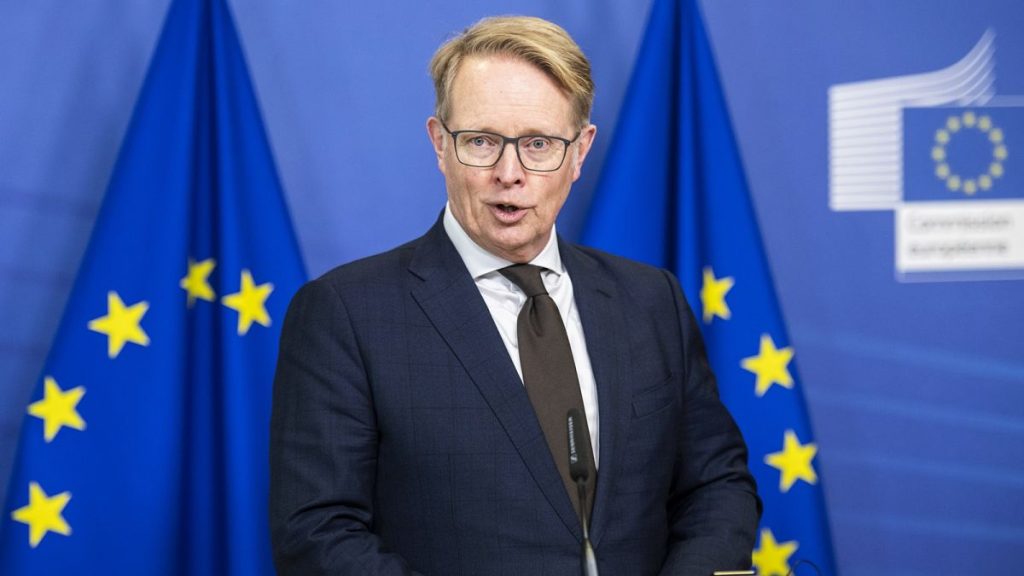Frontex director Hans Leijtens stated that NGO ships rescuing migrants in the Mediterranean Sea do not encourage departures. He emphasized the agency’s focus on saving lives on land and at sea and noted that all Frontex agents have taken an oath to serve and protect, making it their top priority. This stance contradicts a confidential agency document on migration routes from Libya to Europe, which had been reported in the media but not publicly released. The Italian government has cited this document to criticize NGO activities, but Leijtens highlighted Frontex’s commitment to upholding fundamental rights.
Under Leijtens’ leadership, Frontex has seen a decrease of over a third in irregular crossings of EU borders in 2024, particularly on the Balkan and Central Mediterranean routes. However, landings on the Canary Islands have more than doubled, and entries from Belarus to the Baltic countries have almost tripled. This shift in migration patterns has prompted the agency to adapt its strategies and resources to better respond to the changing situation. UN refugee agency data from 2023 indicated a record number of refugees and asylum seekers arriving in Europe, reflecting the ongoing challenges faced by both migrants and border management authorities.
During a hearing at the European Parliament, Leijtens addressed concerns about Frontex’s approach to migration and emphasized the agency’s commitment to respecting the fundamental rights of migrants. This marks a departure from the approach of his predecessor Fabrice Leggeri, who is now a member of the European Parliament for the far-right Patriots for Europe group. Leijtens’ focus on prioritizing the safety and well-being of migrants reflects a growing recognition of the need to balance border security with human rights considerations.
The decrease in irregular crossings of European borders under Leijtens’ leadership highlights the effectiveness of Frontex’s efforts to manage migration flows and address security concerns. While the decline in traffic on certain routes is encouraging, the increase in landings on the Canary Islands and entries from Belarus presents new challenges that require a coordinated response from European authorities. By remaining committed to its mission of serving and protecting, Frontex aims to navigate these complexities and uphold its duty to ensure the safety of both migrants and residents in border regions.
As the situation continues to evolve, Frontex is facing ongoing scrutiny and criticism, particularly in relation to its role in managing migration routes from Libya to Europe. The agency’s response to these challenges will be crucial in determining its effectiveness in addressing the complex dynamics of irregular migration and asylum-seeking. By maintaining a focus on fundamental rights and humanitarian principles, Frontex aims to navigate these complexities and ensure that its operations are conducted with transparency, accountability, and respect for the dignity of all individuals involved. With Leijtens at the helm, the agency is poised to navigate these challenges and provide a more balanced and humane approach to border management in the EU.


